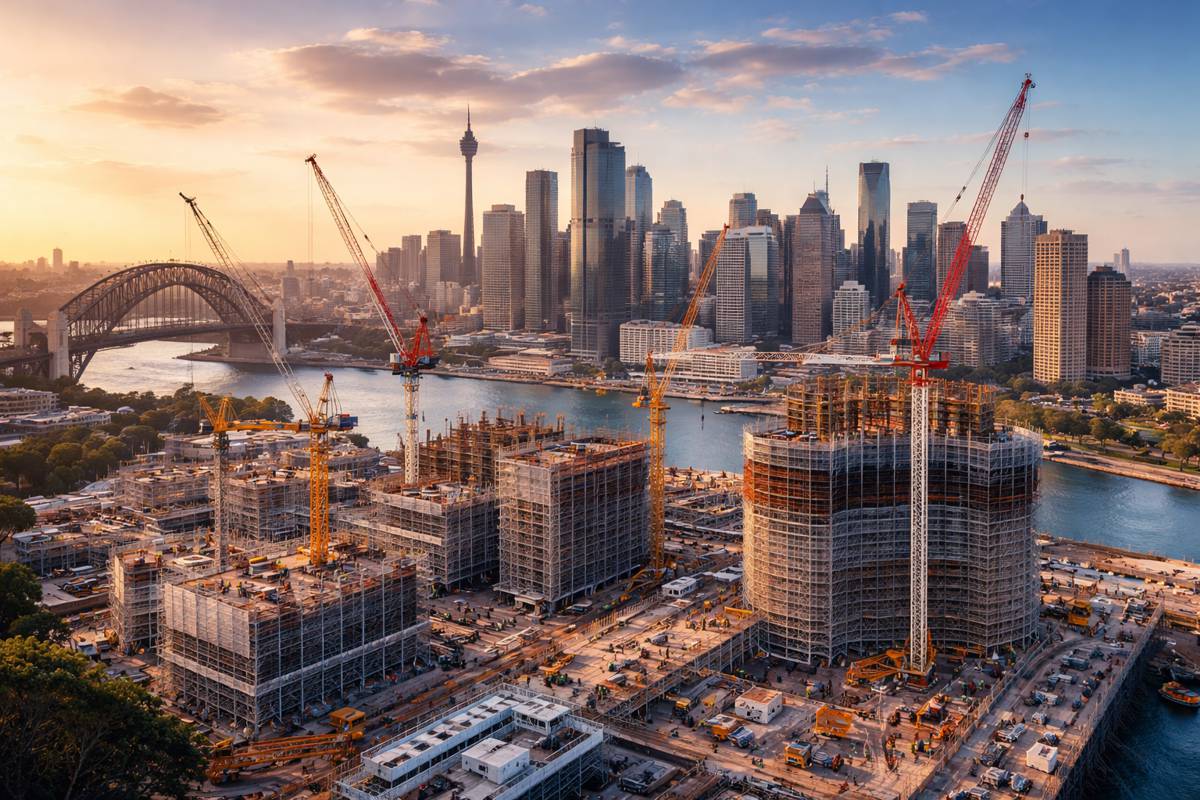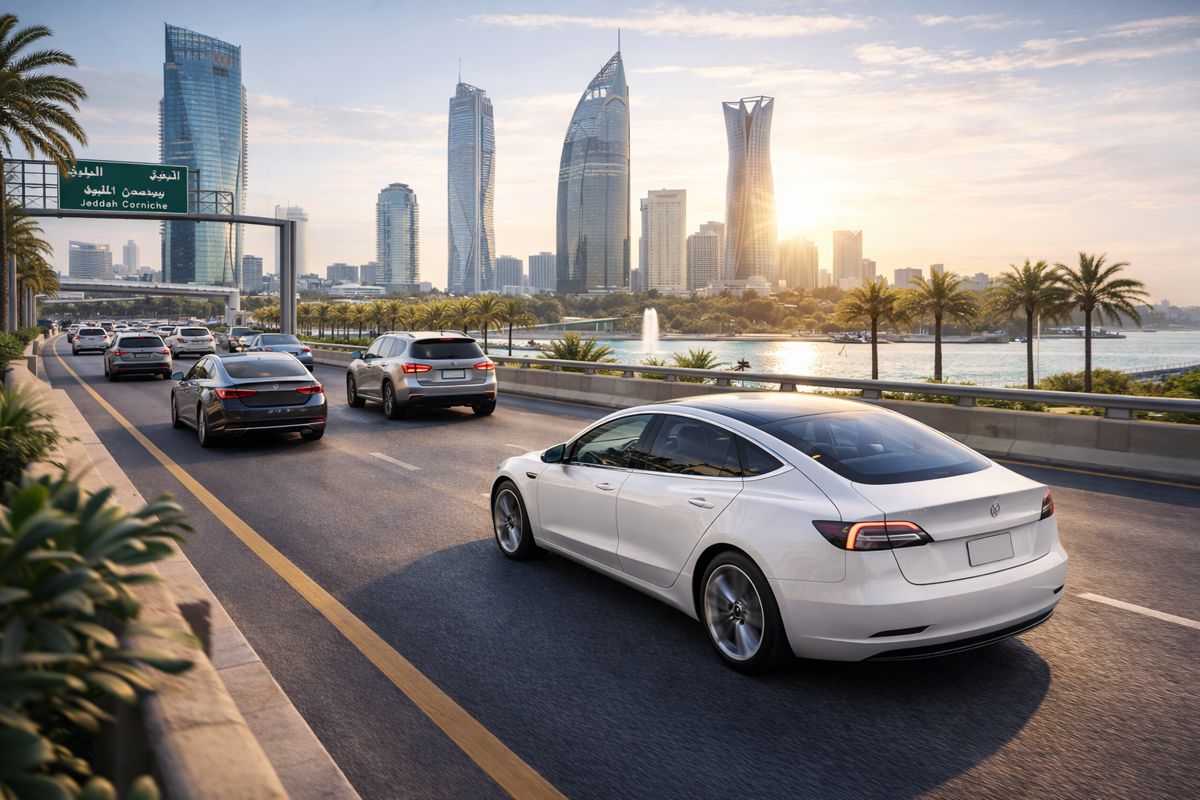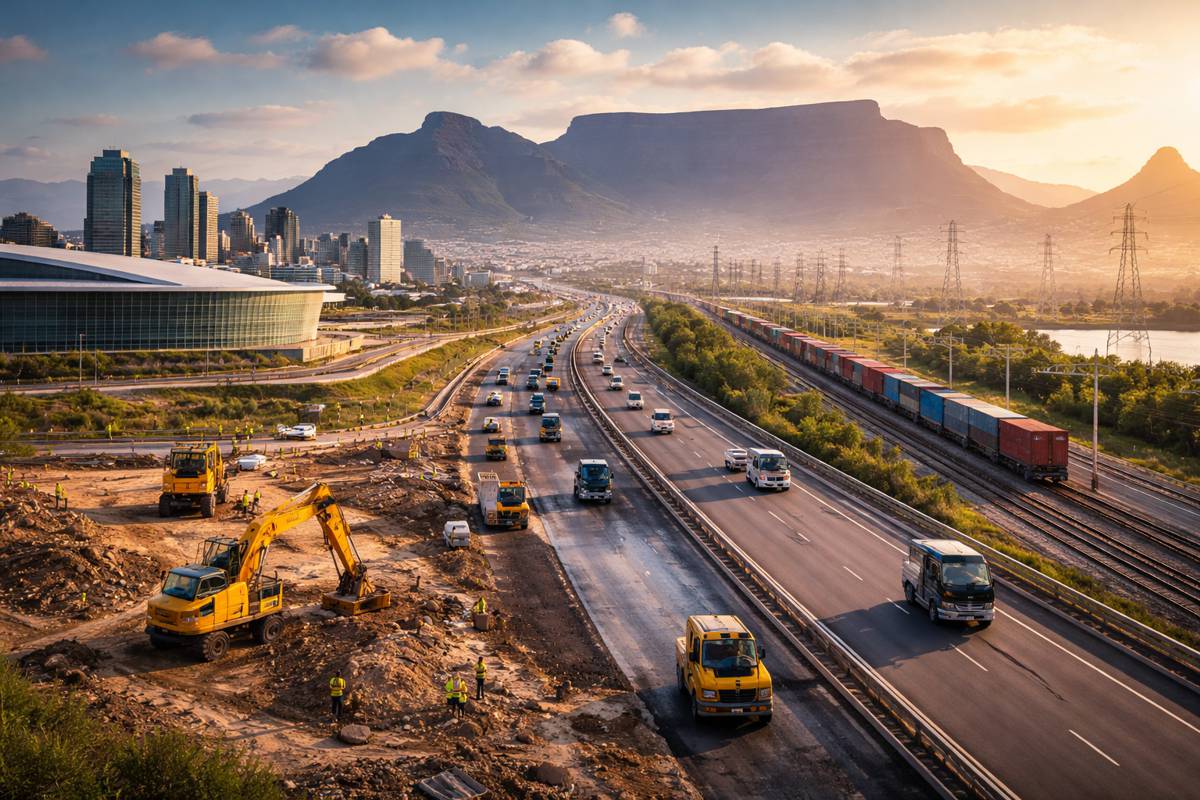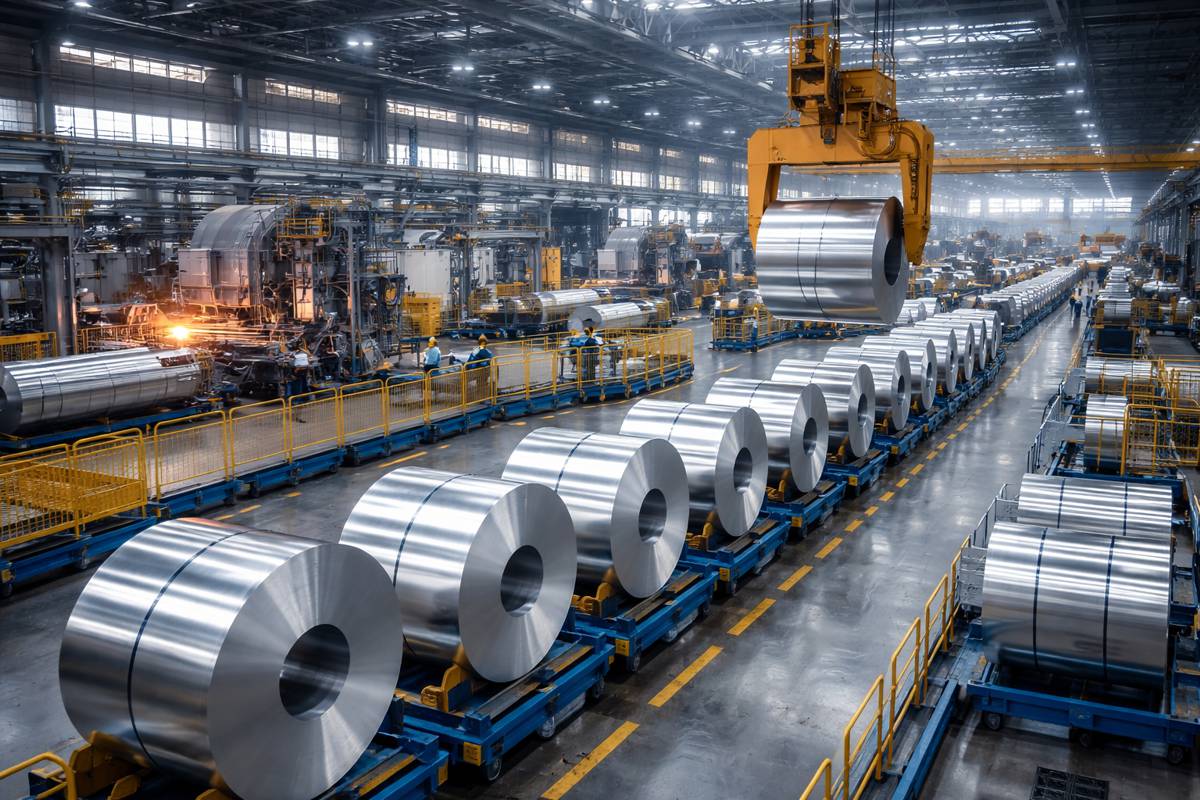Technology and automation to define the future of road transportation
In the face of geopolitical and economic uncertainty, technology-driven innovation will be key to meeting the challenges of tomorrow in the global road transport sector, according to a survey published by the International Road Transport Union. This topic will top the agenda of the IRU World Congress, a new global event for transport, logistics and mobility which is opening this week in Muscat, Oman.
The global snapshot survey released today is based on interview data from 450 transport companies across Asia, Europe and the GCC countries. The respondents included 154 companies from five Asian countries – China, Pakistan, India, Turkey and Iran. It revealed the following headline findings:
- Majority of transport companies in Asia (55%) view geopolitical uncertainty as the biggest threat to their development.
- Technology and innovation are key to overcoming challenges and securing the future of the industry – 77% of Asian transport companies surveyed expect autonomous trucks to become a viable option on the roads within the next decade.
- At the opening of its World Congress in Oman, IRU, the world road transport organisation, urges the global industry to fix the digital foundations of transport in order to fully benefit from automation and other innovations.
Findings reveal that over half (55%) of Asian companies see geopolitical uncertainty as the joint-biggest threat facing the sector. With many Asian developing economies booming, there are also significant worries around keeping up with customer demand (also 55%), while nearly half (48%) are concerned around climate change and the environment.
Umberto de Pretto, IRU’s Secretary General, commented: “The global transport system touches the lives of each of the planet’s seven billion people, from the food we eat to the consumer goods we buy. So it’s perhaps not surprising that many of the issues facing society today are also considered by transport companies to be their biggest challenges. These include some of the main themes that dominate the international agenda, including geopolitics, trade and the environment.”
Tech to provide a safe, successful, sustainable future
Transport companies recognise that developments in technology and innovation will be key to building a safe, successful and sustainable industry in the future. Nearly one in three (32%) of Asian transport companies believe that improving safety will be the biggest innovation opportunity (a feeling mirrored by their peers across the world), while one in five cite automation.
In fact, transport companies are extremely optimistic about the timescales for automation – over three quarters (77%) of transport companies expect autonomous trucks to become a viable option within the next decade; of these, 31% believe they will be a reality on our roads in the next five years. Worldwide, transport companies believe the primary benefit of automation will be boosting productivity (50%), followed by helping to cut costs (19%).
Breaking through the road blocks to digitisation
Barriers to adopting technology persist – with Asian transport companies citing a limited understanding of the range of technologies available (58%), followed by a lack of training to leverage such skills among employees (58%).
This suggests that pockets of the industry have yet to embrace new technologies and processes, and that there is still work to do to fix the digital foundations of the industry before technology-driven innovation can be optimised properly.
Gearing up for automation
Similarly, while many Asian transport companies believe autonomous trucks are just around the corner, the reality is that there is still some way to go before they become a safe, secure and sustainable option on our roads.
While the technology itself is becoming ever more sophisticated, there is a risk that it will be held back by the lack of necessary investment in infrastructure.
Boris Blanche, IRU’s Managing Director, commented: “There is no question that autonomous trucks will eventually be transformative for the industry – helping boost productivity, create efficiencies and enhance driver working conditions. But drivers will not become obsolete any time in the future, and in fact the industry must continue to encourage more drivers into the profession. Proper and responsible adoption over time is required, and we must see full cooperation from all industry stakeholders.”
Umberto de Pretto, continued: “For technology to take hold, and for the industry to truly benefit from it, we must ensure we have the foundations in place. This means first getting the basics right, such as full transitioning to digital documentation, improving traceability, security and efficiency. We must work harder to join the dots between operators, service providers, manufacturers and governments to nurture a supportive environment for innovation and digitisation.
“We must also push for legislation and policies that encourage all operators to invest in the technology needed to make these innovations the norm. At IRU, our role is to champion the potential of the industry and promote this cooperation, to empower all operators in the sector to seize the great innovation opportunity.”





























